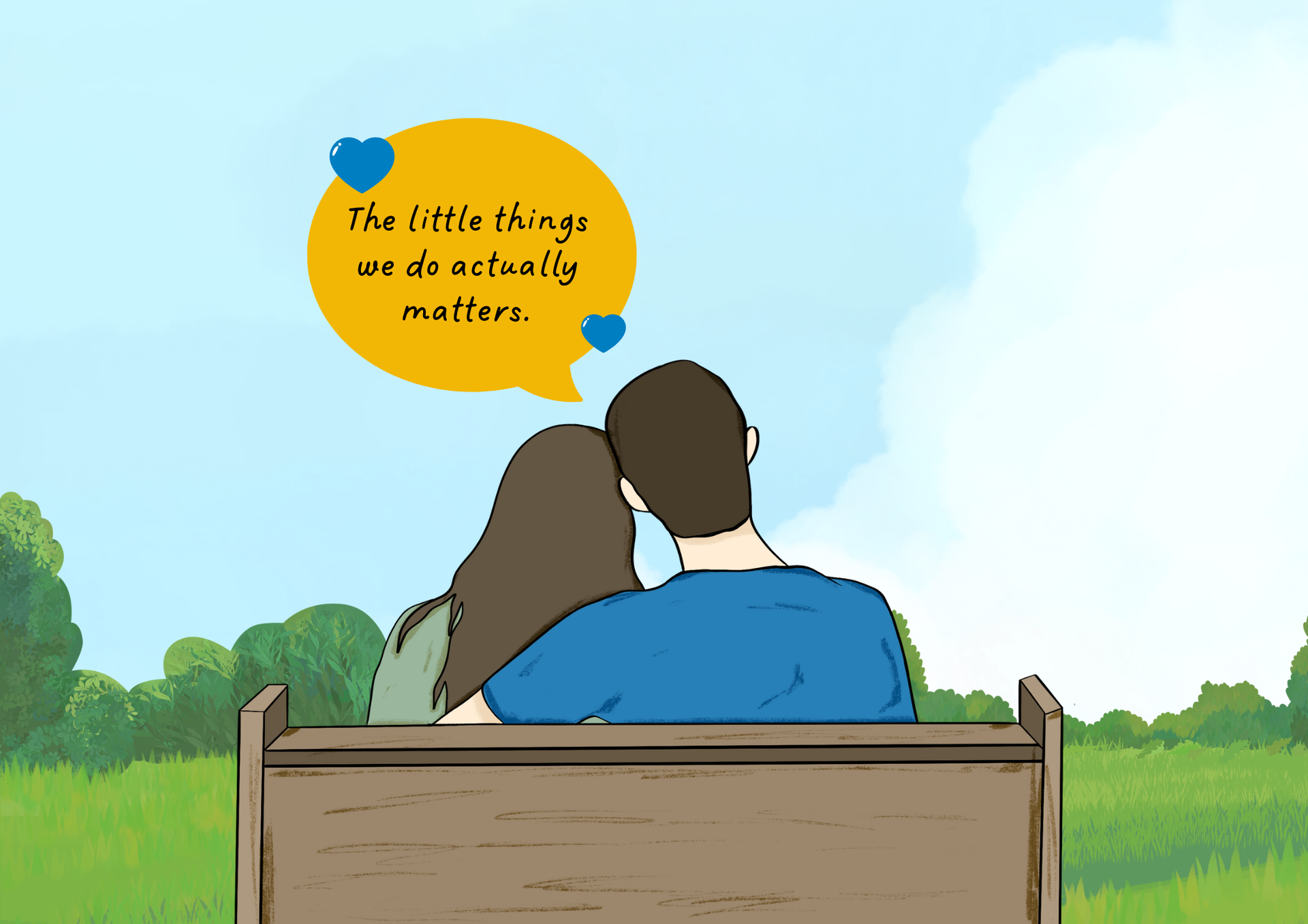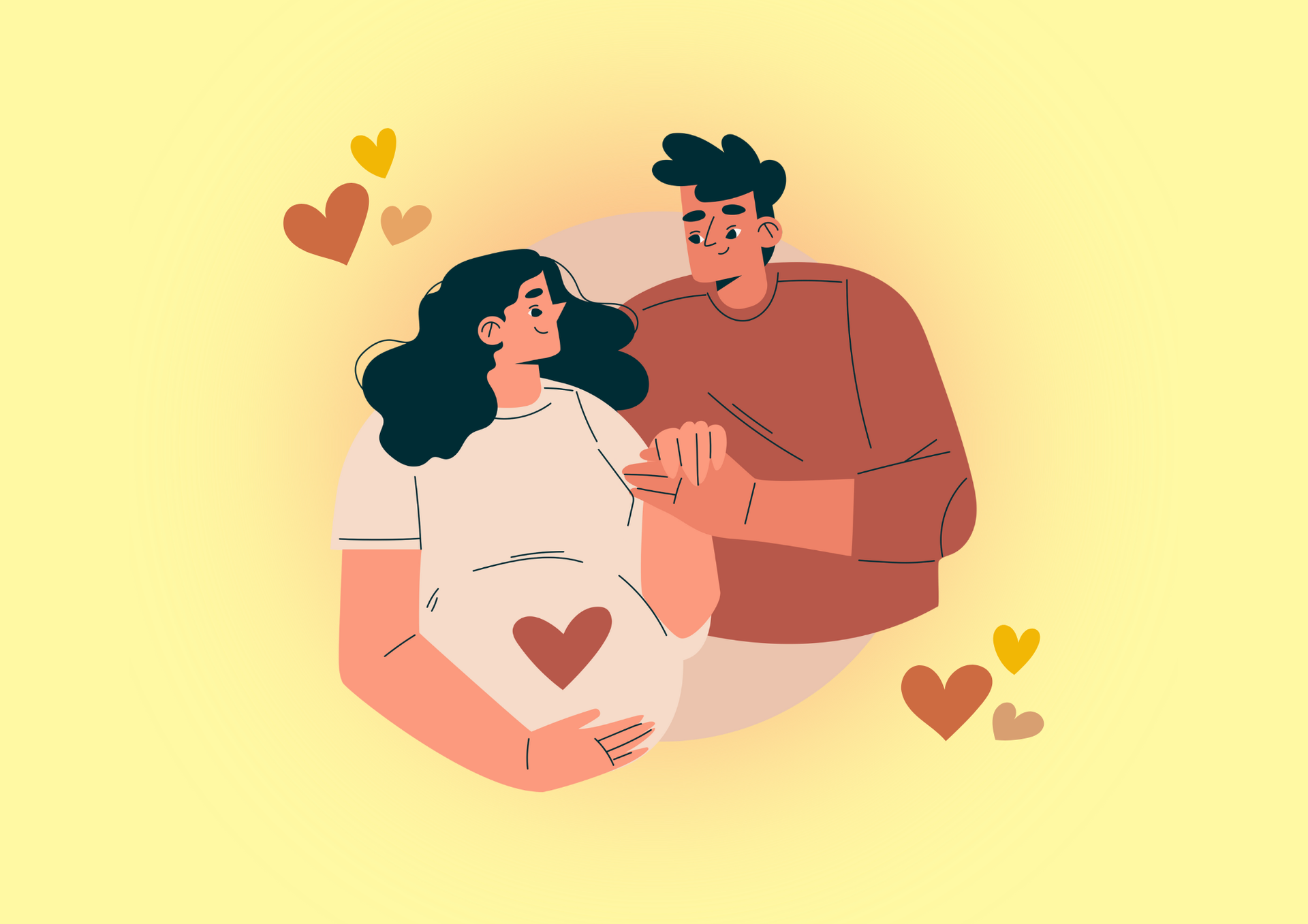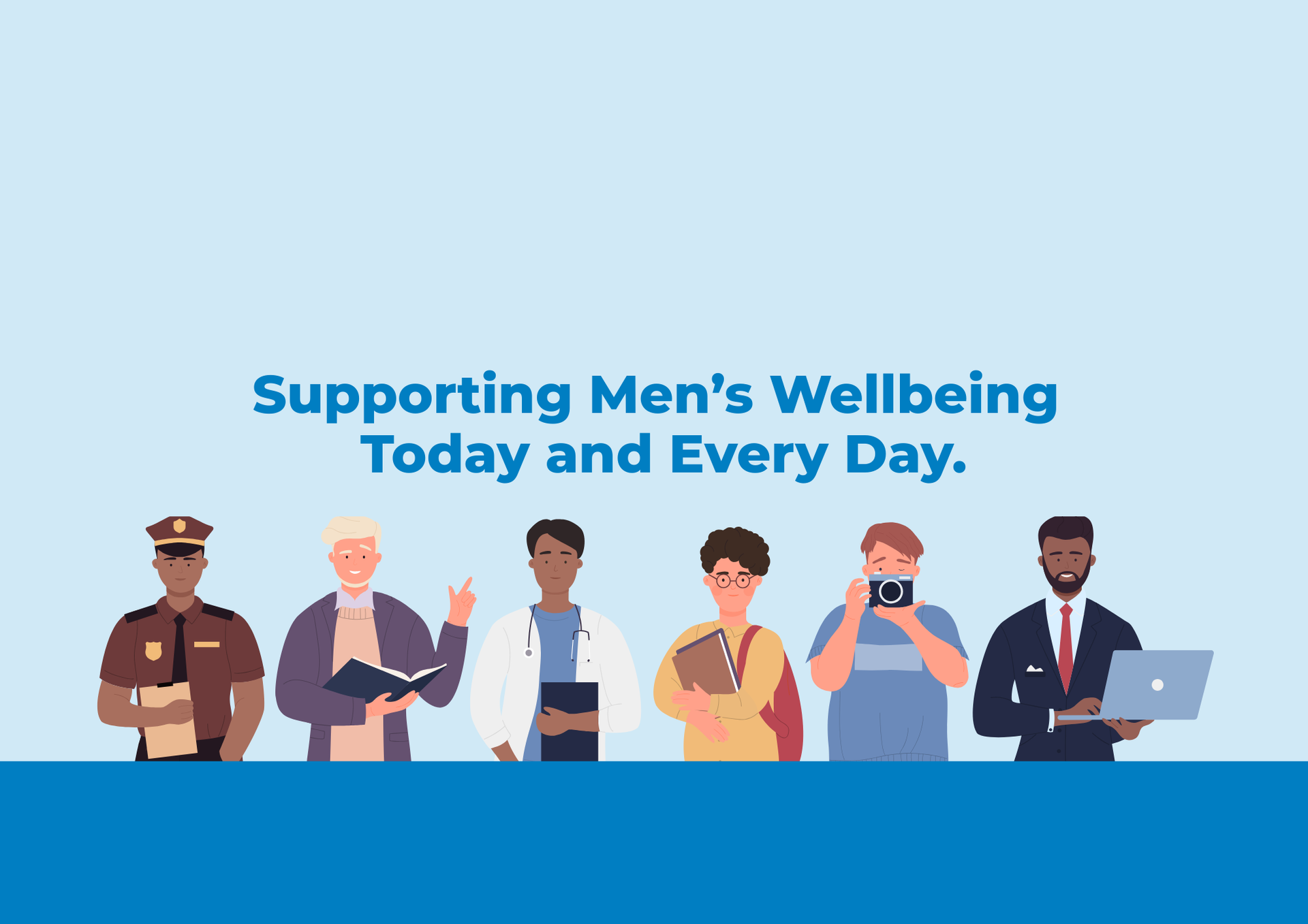Reframing how we understand isolation and loneliness
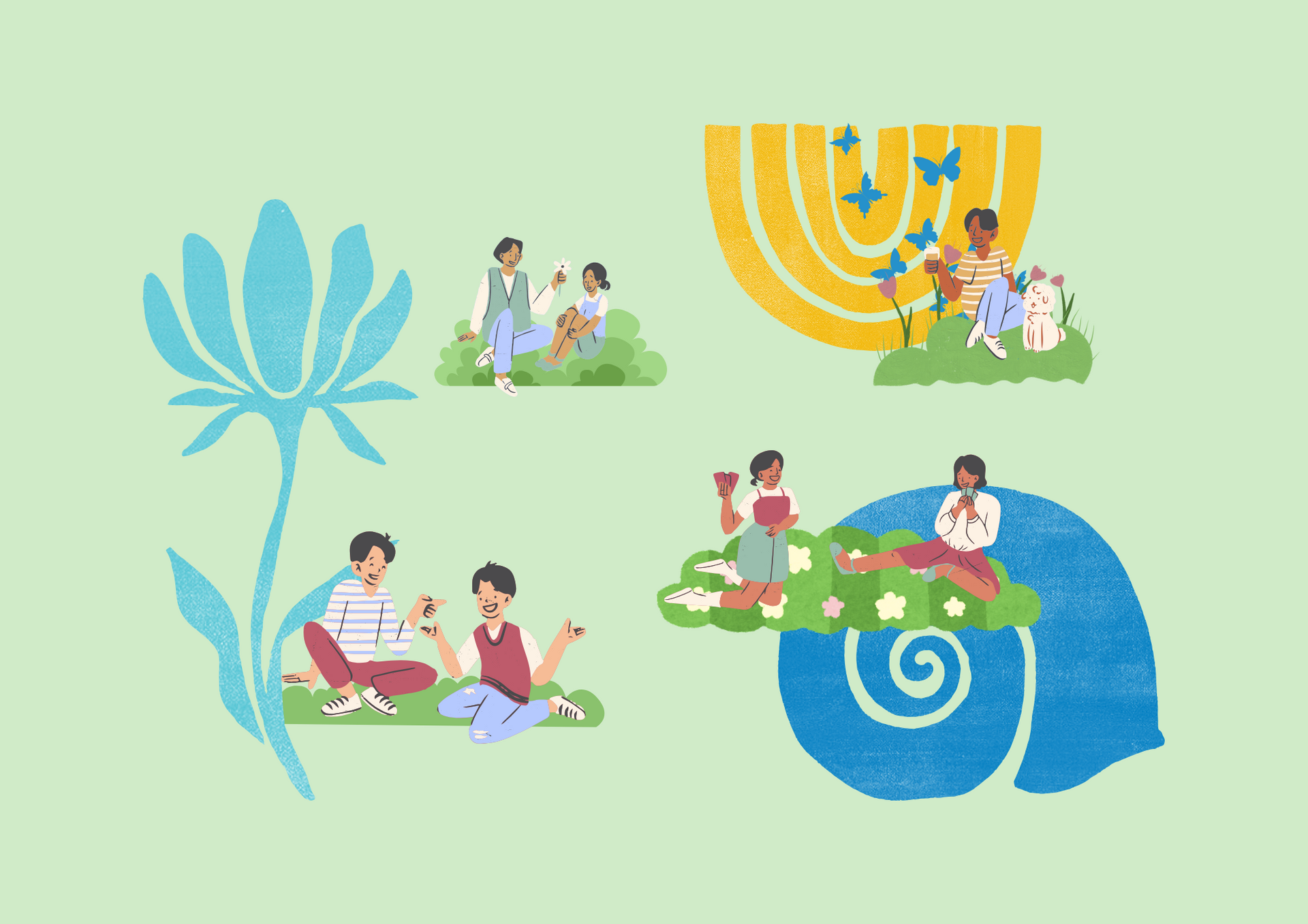
If you are feeling socially isolated, lonely, or both, you are not alone. The Household, Income and Labour Dynamics in Australia (HILDA) survey reported that loneliness effected 1 in 10 Australians in 2023. Social isolation is defined as having objectively few social relationships or roles and infrequent social contact whereas loneliness is defined as a subjective, unpleasant, or distressing feeling of a lack of connection to other people, along with a desire for more, or more satisfying, social relationships.
Social isolation is linked to mental illness, emotional distress, decreased wellbeing and poor health behaviours such as poor sleep, smoking and physical inactivity. More surprisingly, it has been linked to poor physical health effects such as high blood pressure and impaired immune function. Loneliness has similarly been linked to poor physical and mental health, psychological distress, and life dissatisfaction. It is easy to consider loneliness and isolation as one negative factor in your life, but its relation to other adverse mental and physical effects shouldn't go unnoticed.
Isolation and loneliness look different on everyone and can be caused by a diverse range of factors. Some common causes are living with a mental health condition, life changes like a new school, social exclusion based on identity, financial hardship, a lack of confidence, difficulty opening up, and many more. Whether it’s these reasons, something else, or no tangible reason at all, you are not alone. Despite the lack of control you may feel due to these factors, know that there is always community and people who resonate or want to help.
When it comes to feeling lonely or being isolated, it can be hard to look to the future or seek help. In fact, more than half of people living in Australia say they don’t talk to others about feeling lonely, and nearly half say they’re too embarrassed to admit this to others. It is also completely understandable that if you feel lonely for a particular reason, you might feel disconnected or feel like people may see you differently. Sometimes, a feeling of not belonging makes it harder to feel confident reaching out, due to fear of still feeling misunderstood or isolated after reaching out. This is a very understandable feeling, but there is absolutely no shame in feeling lonely, and the more you take steps to connect, the more you’ll be able to find connection.
There is no one size fits all solution to preventing loneliness. Things which may help include engaging in community, sporting or creative memberships, contributing to an organisation as a volunteer, sharing your story online, or taking up a hobby or reaching out to someone you know. Starting small is often all you need to make steps in the right direction. Other ways to remedy feelings of loneliness or isolation include seeking professional support. Support groups can often be soothing, where speaking to people who share a shared lived experience in a candid way may break barriers or reduce feelings of shame. Counselling is another avenue worth exploring, where an objective individual who is invested in listening and assisting helps contribute to lessened feelings of aloneness. Whatever fits for you, if you are feeing lonely or isolated, know, it is more common than you think, and there are always avenues of support available when you are ready.
References:
- https://www.betterhealth.vic.gov.au/health/healthyliving/Strong-relationships-strong-health#bhc-content
- https://www.aihw.gov.au/mental-health/topic-areas/social-isolation-and-loneliness
Written by Callista Nguyen

